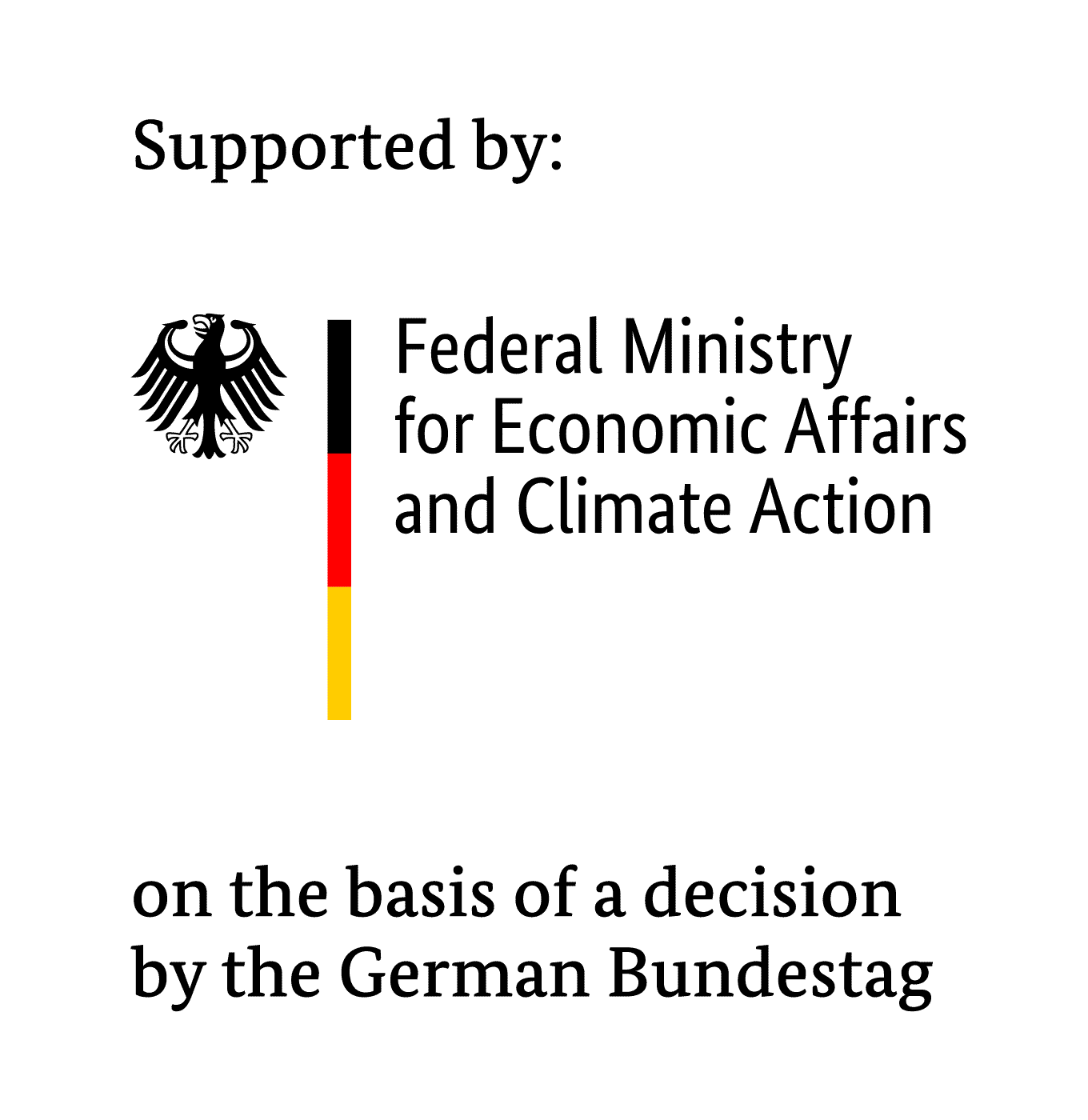Projectname:
Active Packaging for Fresh Food Market
Workgroup: Preservation of food quality
Scientific Partners and Guidance::
IGF: 252 EBG
Financing: BMWi
Duration: 2019 – 2022
FreshInPac targets at developing bio-based packagings for perishables (fruit and vegetables, flowers) with multiple functionalities (ethylene scavenging, release of plant-based antimicrobials, water vapour condensation control). These perishable produce have high economic importance but are extremely perishable with the annual losses in fruit and vegetables, and flowers amounting to 45 % and 15-20 % (by weight), respectively; some prominent causes of losses being mould growth and high metabolic activity due to the “plant ripening hormone” ethylene. The targeted functionalities of the packaging material are chosen to address these major spoilage causes, thereby, to elongate the produces’ shelf life.
FreshInPac will follow the approach of combining the requirements of the produce and the functionalities of the packaging material in an active bio-based packaging system. The packaging development will be via numerical simulation which has not been previously done for such multifunctional packaging materials. The project will involve:
The developed packaging material will be demonstrated for single activity or synergistic effect on fruit, vegetables and flowers under practical conditions and case studies at selected companies will be performed. Additionally, practical work in form of coating application trials, printability tests, and recyclability tests will be followed. The cost analysis of the new packaging concept will also be performed and the economic advantage of the use of the new concept on shelf-life extension will be suggested.
SME partners’ materials of will be used in FreshInPac and further developed. Test procedures are done in such way that involved companies can use the project results directly for designing their packaging materials. Users of ethylene scavenging, antimicrobial and water permeable packaging materials can use these results for making right decisions concerning selecting packaging materials and storage conditions.
In the CorNet project FreshInPac MateriaNova and Celabor from Wallonia (Belgium); Fraunhofer IVV and ATB from Germany; ZUT from Poland; and KCPK from the Netherlands cooperate with Fraunhofer IVV, The research and development work is shared between these four countries. By exchange of results and joint cooperation the collaboration between there four regions is intensified.

The IGF project presented here by the Research Association of the Industrial Association for Food Technology and Packaging (IVLV e.V.) is funded by the Federal Ministry for Economic Affairs and Climate Action as part of the program for the promotion of industrial community research (IGF) based on a decision of the German Bundestag.